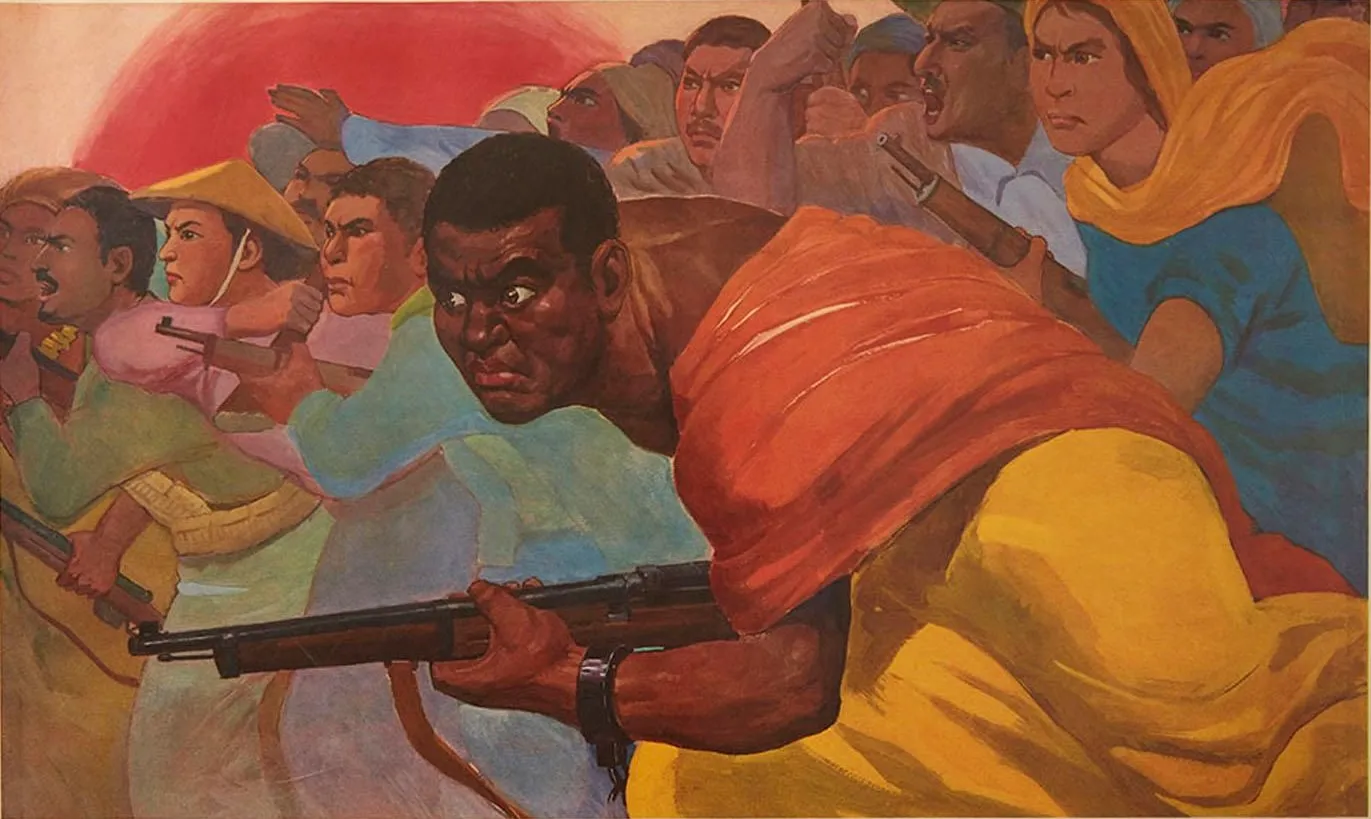AP World Unit 9
“Nuclear Free and Independent Pacific”: Teaching Decolonization and the Cold War in the Pacific
Discussion of teaching decolonization in Oceania
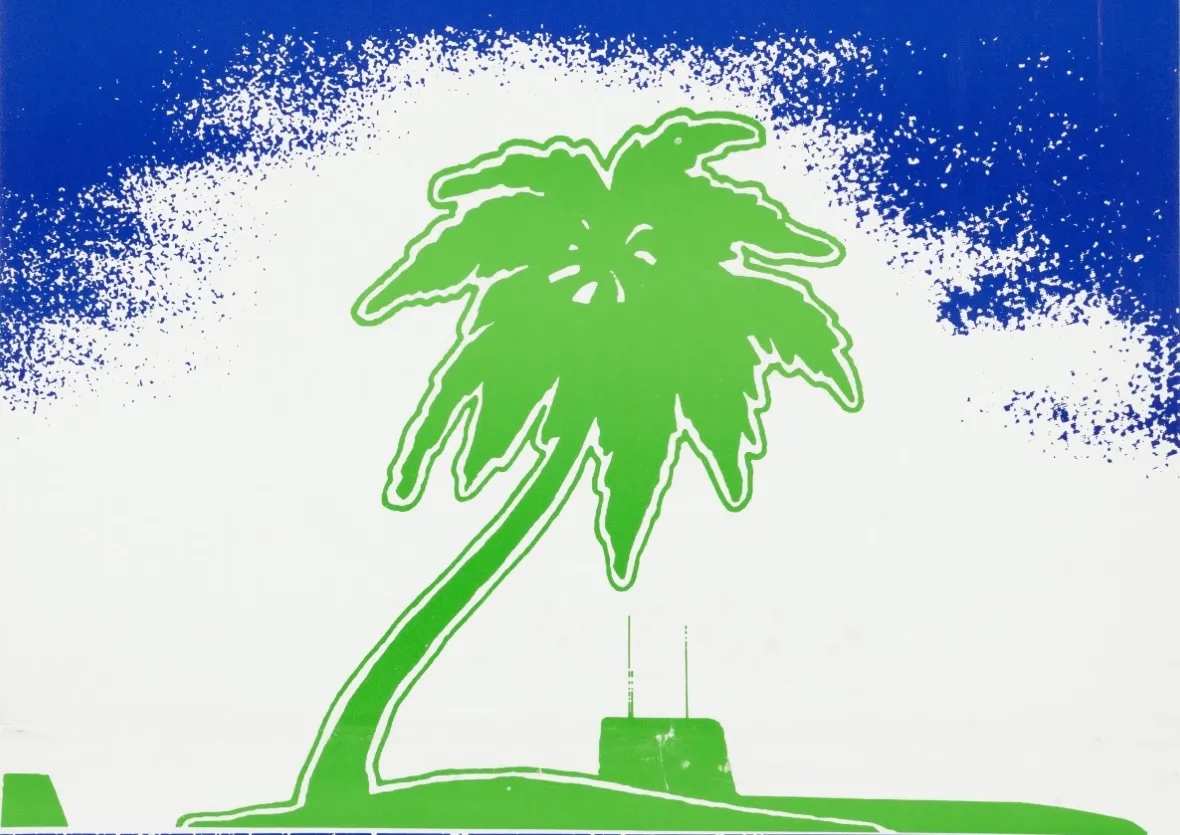
“Because of Him We Have Many Things”: Two Fun Commercials for Teaching the End of the Cold War
Discussion of two commercials related to the Cold War
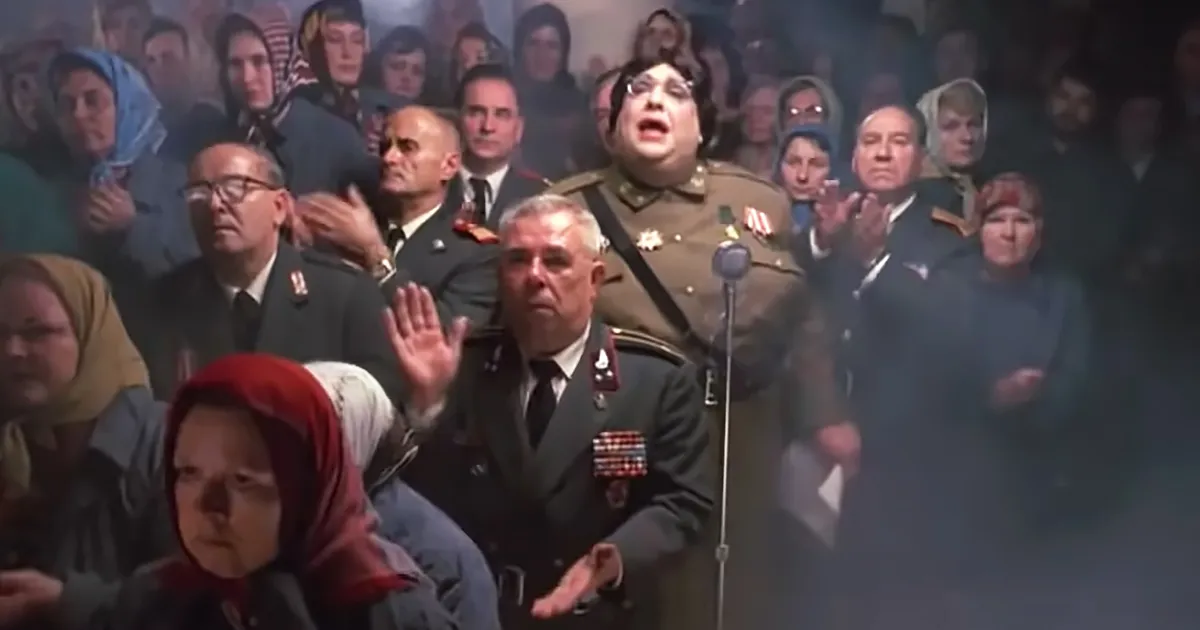
“Strengthening the Economic and Social Stability of the Region”: Teaching Regional Trade Agreements and Southeast Asia
Discussion of teaching regional trade agreements
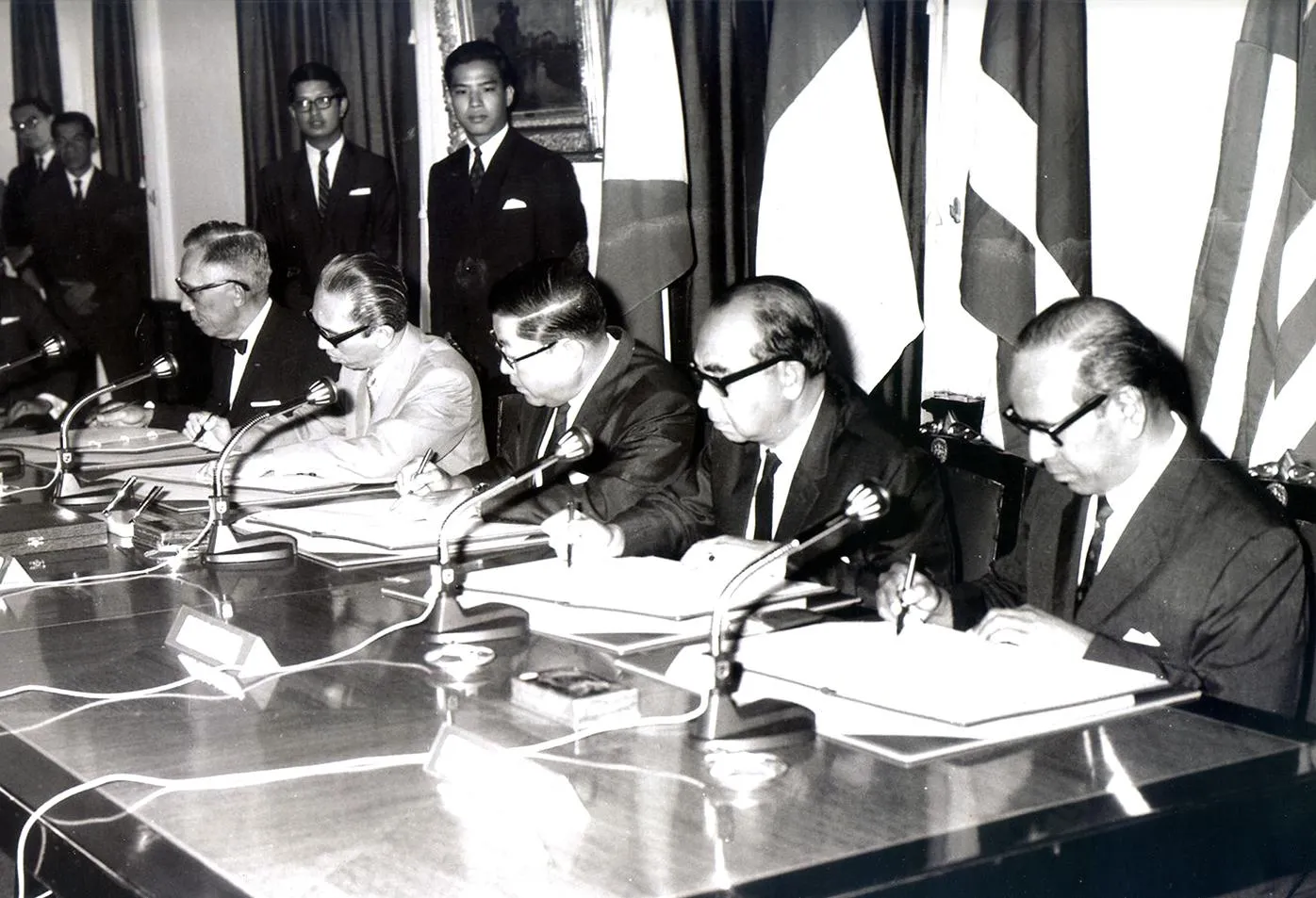
“Hebrew with an Arabic Accent”: Teaching Israeli and Palestinian Shared History with Short Stories
Discussion of using short stories to teach twentieth century Israeli and Palestinian history
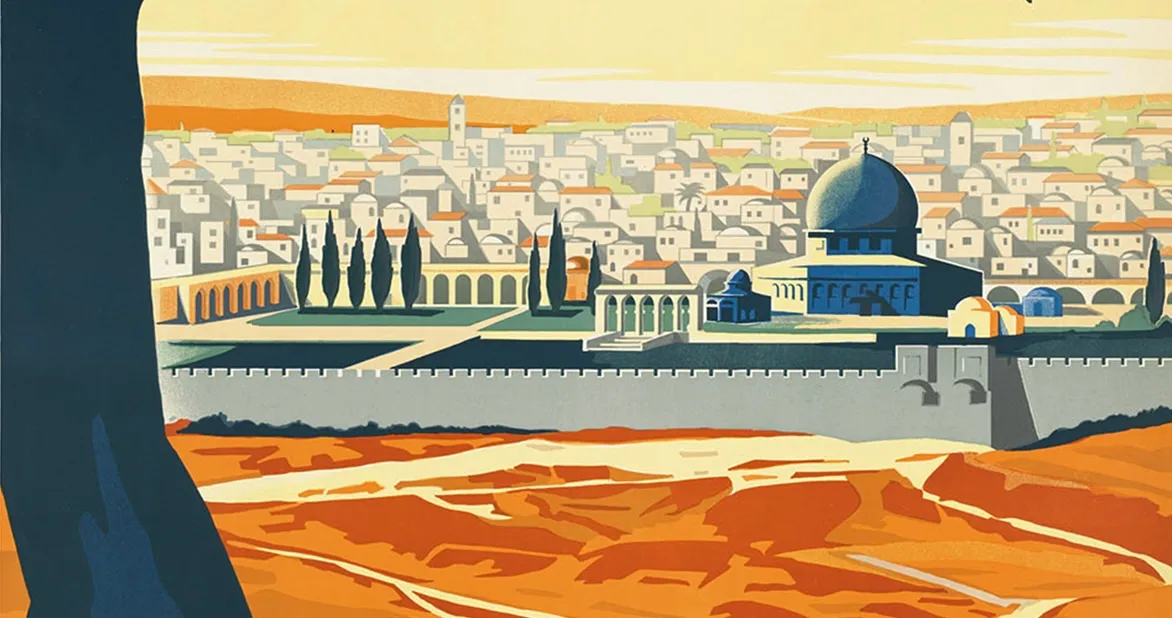
“The Green Revolution Has Been a Team Effort”: Globalizing How We Teach the Green Revolution
Discussion of how to integrate Asian voices when teaching the Green Revolution
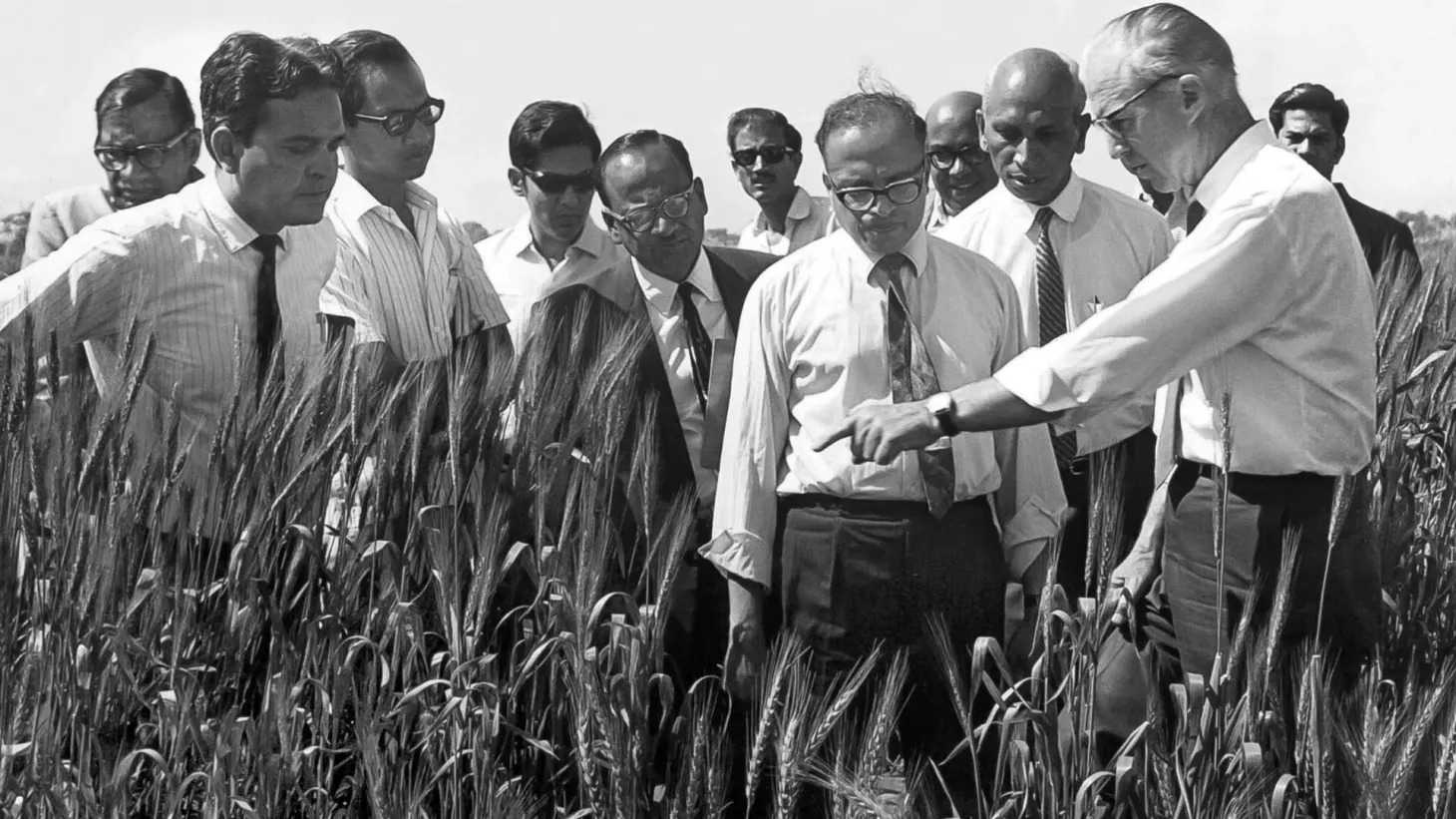
“A Localized, Global Network of Resistance”: Teaching Resistance to Economic Globalization
Teaching resistance to globalization using the 1999 Seattle WTO protests
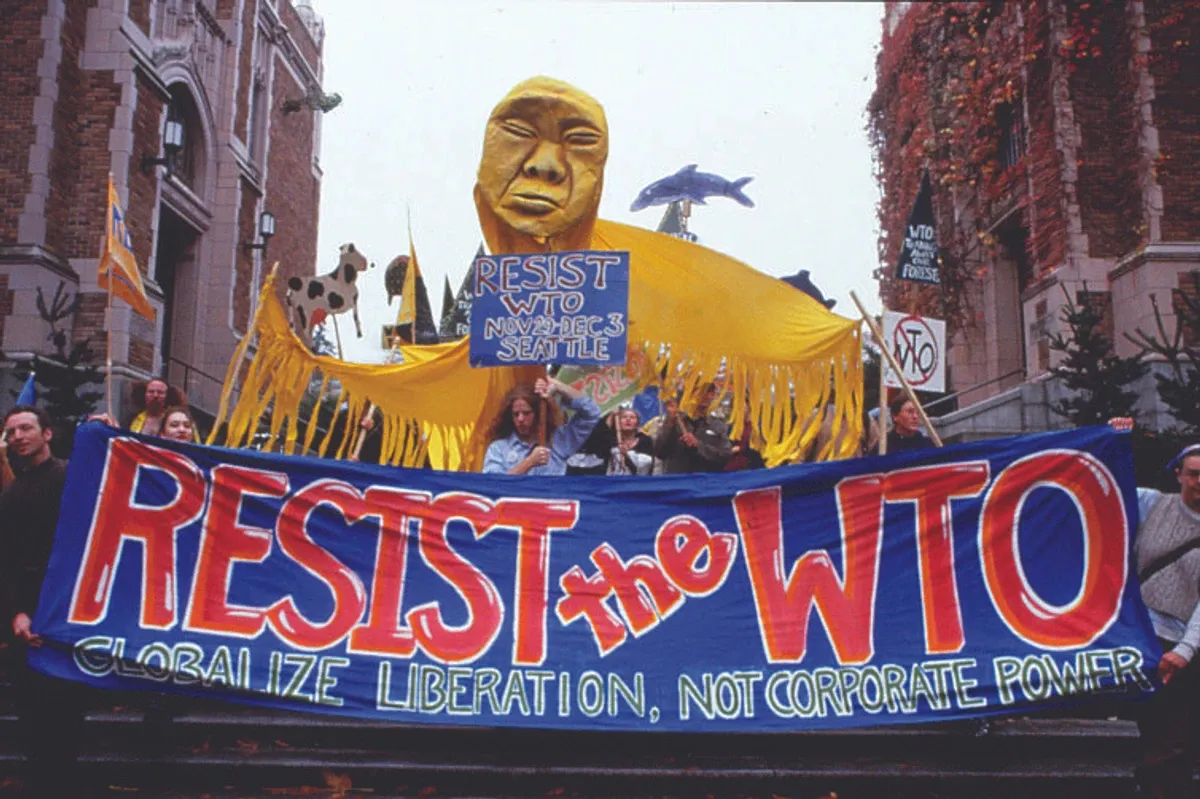
“Identity is Always Complex”: Teaching the Shared Histories of Israelis and Palestinians
Discussion of how to move beyond teaching the Israeli and Palestinian conflict and instead teach the shared histories of Palestinians and Israelis from a world-historical perspective
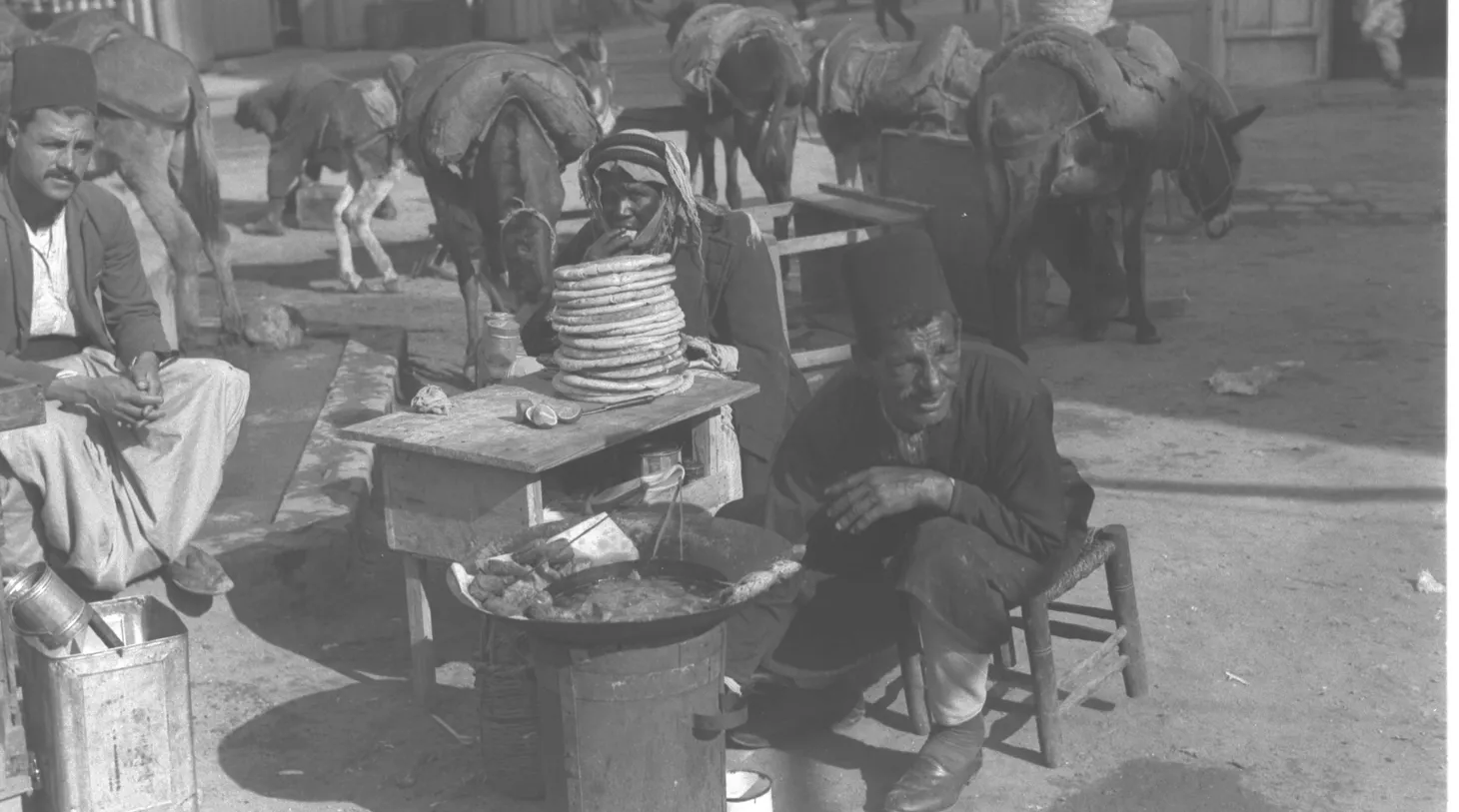
“The Enemies of Colonialism and Racism”: Intersectionality and Teaching Decolonization after 1965
Discussion of teaching decolonization intersectionally with a focus on Southern Africa
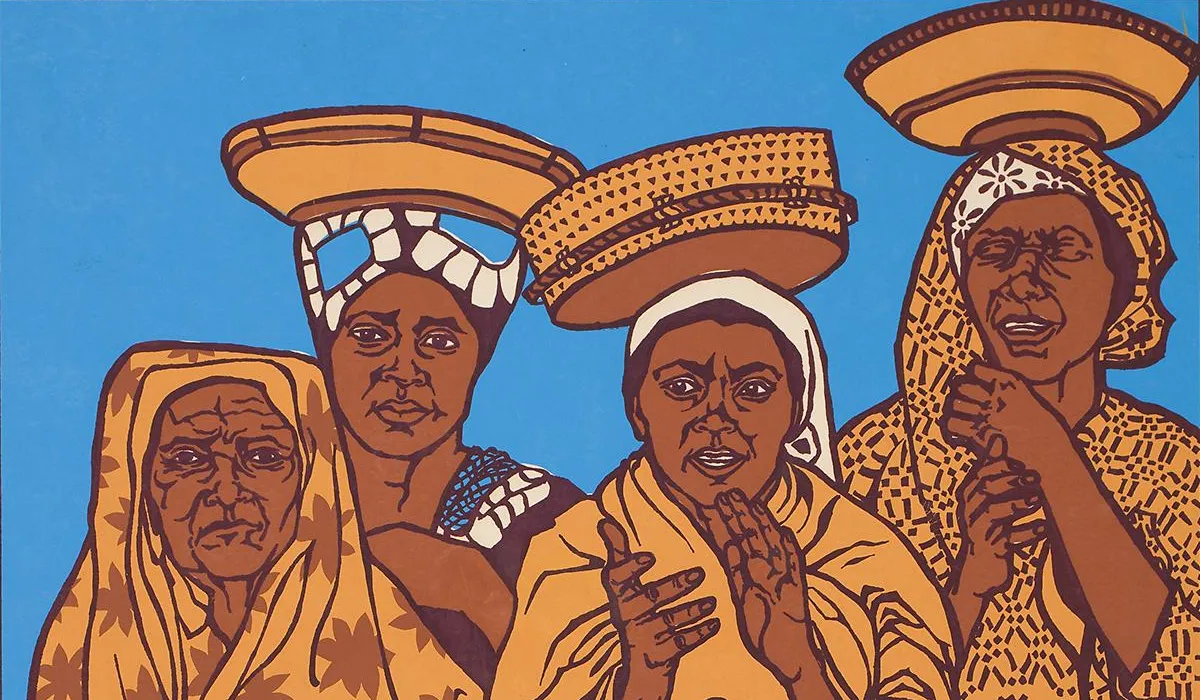
“All the Women of Cairo Would Have Taken Part”: Huda Sha’arawi and Egyptian Women’s Participation in the 1919 Revolution
Discussion of Huda Sha’arawi’s description of her participation in the Egyptian Revolution of 1919

“Colonialism in all its Manifestations is an Evil”: Teaching Decolonization, 1914 to Present
Discussion of how to teach decolonization in world history courses and centering the agency of colonized peoples
